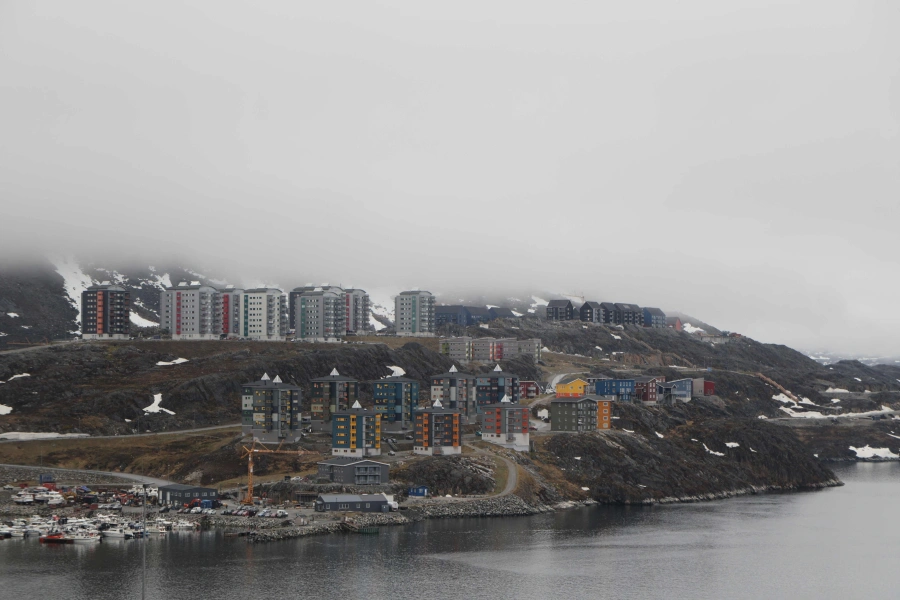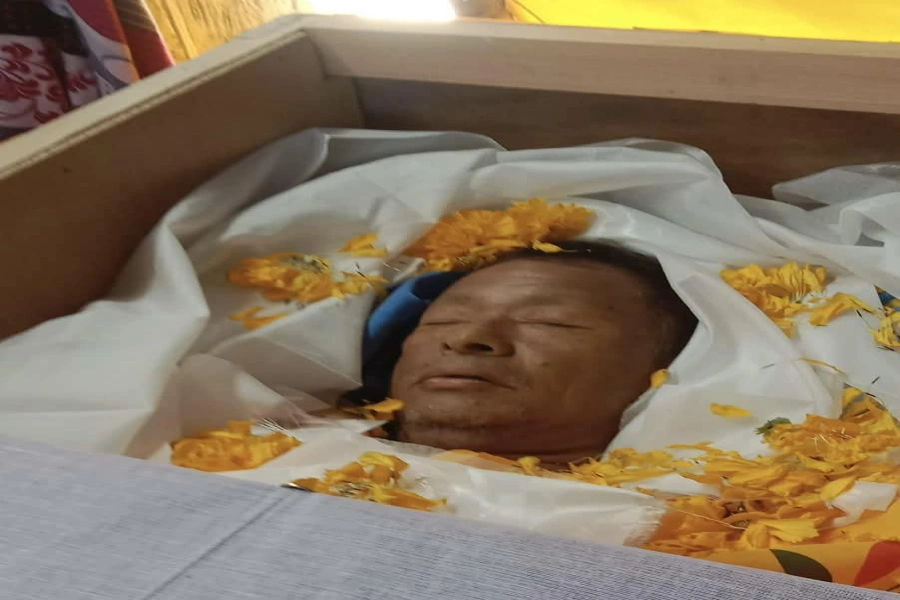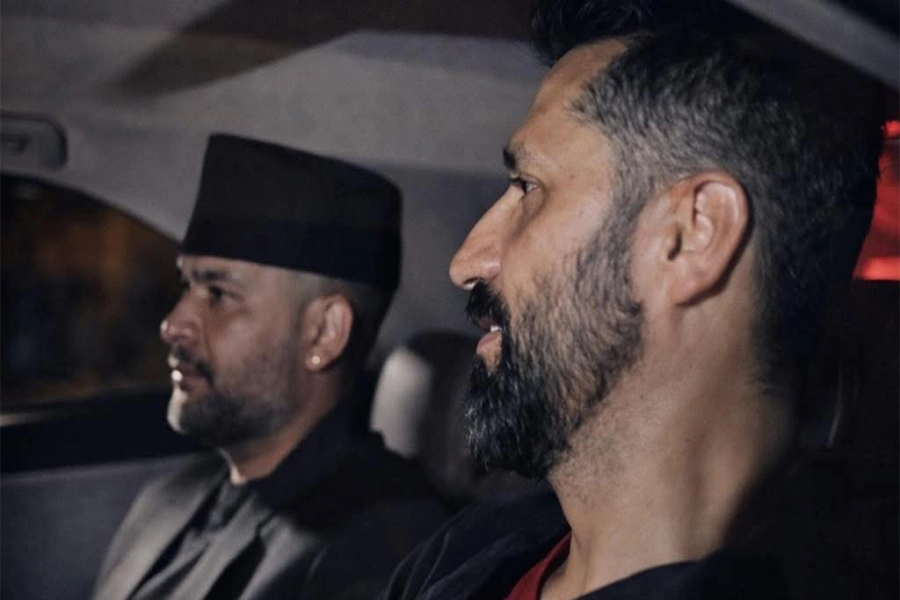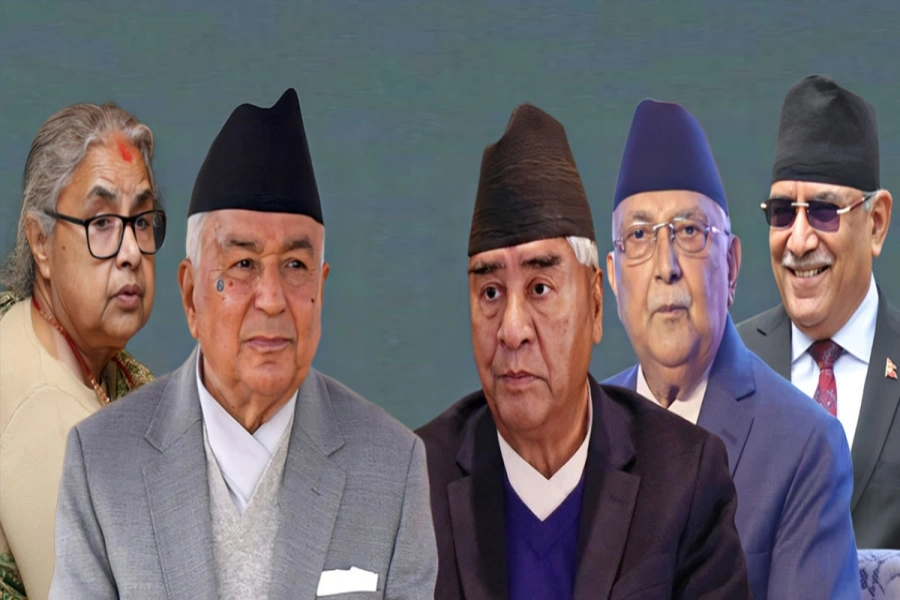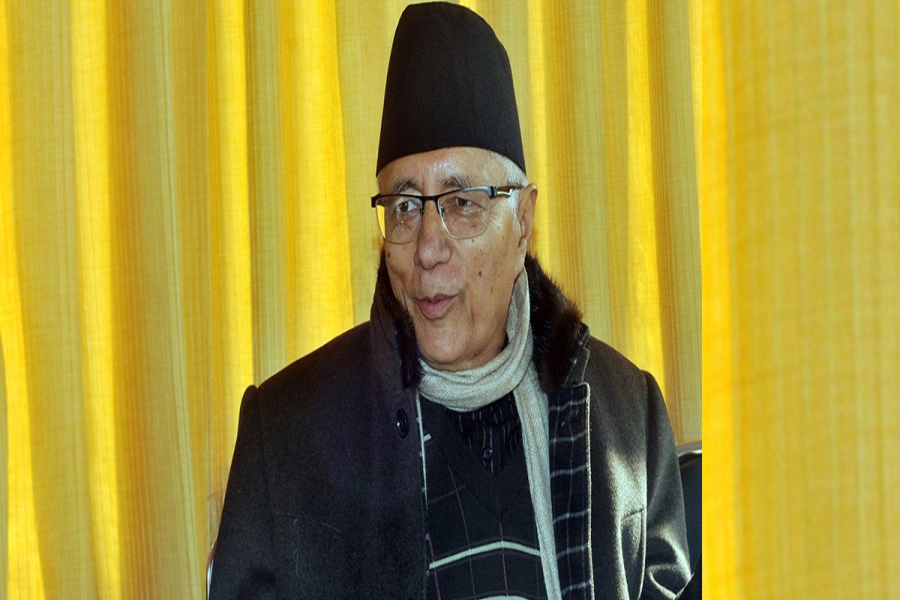KATHMANDU, July 21: The Electricity Regulatory Commission (ERC) on Sunday wrote a letter to the Nepal Electricity Authority (NEA) pressurizing the power utility to reconnect the electricity lines of six manufacturers.
In yet another tussle between the government and the NEA regarding the pending bills of the dedicated feeders use, the autonomous power utility is under pressure from the sector’s regulator. After the NEA refused to obey verbal instructions of Prime Minister KP Sharma Oli, the government has used the card of the regulatory body to compel the NEA to work in its favor.
The ERC Chairperson Ram Prasad Dhital said the commission asked the NEA to reconnect the electricity supply lines. “Based on the clause of the Electricity Consumer Welfare Protection Directive, we have directed the NEA to reconnect the lines,” said Dhital.
Earlier on Friday, the NEA board meeting had decided not to reconnect power lines to six industries based on the verbal instructions from the prime minister. The meeting was chaired by Energy Minister Deepak Khadka, with other Board members including the Secretary at the Ministry of Energy and the Secretary at the Revenue Department.
Govt’s decision to reconnect electricity to defaulting industri...

On Friday, Prime Minister KP Sharma Oli had directed Energy Minister Khadka, Energy Secretary and NEA Managing Director Kulman Ghising to restore power supply immediately to six industries.
During the meeting, Minister Khadka proposed reconnecting the lines immediately as per the prime minister's directive, with formal arrangements to be completed through the written process at a later date. However, this proposal was rejected by other members. The meeting ended late at night without any consensus on restoring the power supply to those industries failing to settle their outstanding tariff charges.
There has been a long-standing dispute between the NEA and the industries regarding the tariff of the dedicated feeder and trunk lines used by the industrialists during the time of load shedding.
Under the dedicated feeder service, a factory that needed high voltage lines was permitted to receive direct electricity from a nearby substation, while those using trunk lines were provided with regular electricity directly through two substations. Citing power outage issues, the NEA, in 2015, enforced the rule to impose additional fees on industries that consume lots of energy.
The government on January 9 had formed a committee to resolve the dispute under the leadership of former Supreme Court Justice Girish Chandra Lal with joint secretaries of the Ministry of Energy, Water Resources and Irrigation (MoEWRI) and the Ministry of Industry, Commerce and Supplies (MoICS) as members.
On May 5, the committee submitted its report to the government recommending not taking premium charges of the dedicated feeders and trunk lines from the industrialists for the first six months during mid-July, 2015 and mid-January, 2016. Likewise, the inquiry report also talks about waiving the premium charges of the period beyond June 2018, when the government declared the end of the loadshedding in the country. Manufacturers have long been expressing their dissatisfaction citing the NEA’s attempt to take premium charges of these time periods too.
Last week, the NEA cut the electricity supply lines of a number of production plants including Arghakhachi Cement, Reliance Spinning Mills, Gorahi Cement, Jagadamba Synthetic and Hulas Steel.
The NEA has warned to cut the electricity lines of remaining 56 companies successively if they do not show intention to pay the amounts on their part. A total of 61 manufacturing companies are left to pay cumulative dues of Rs 6.60 billion under the heading.




